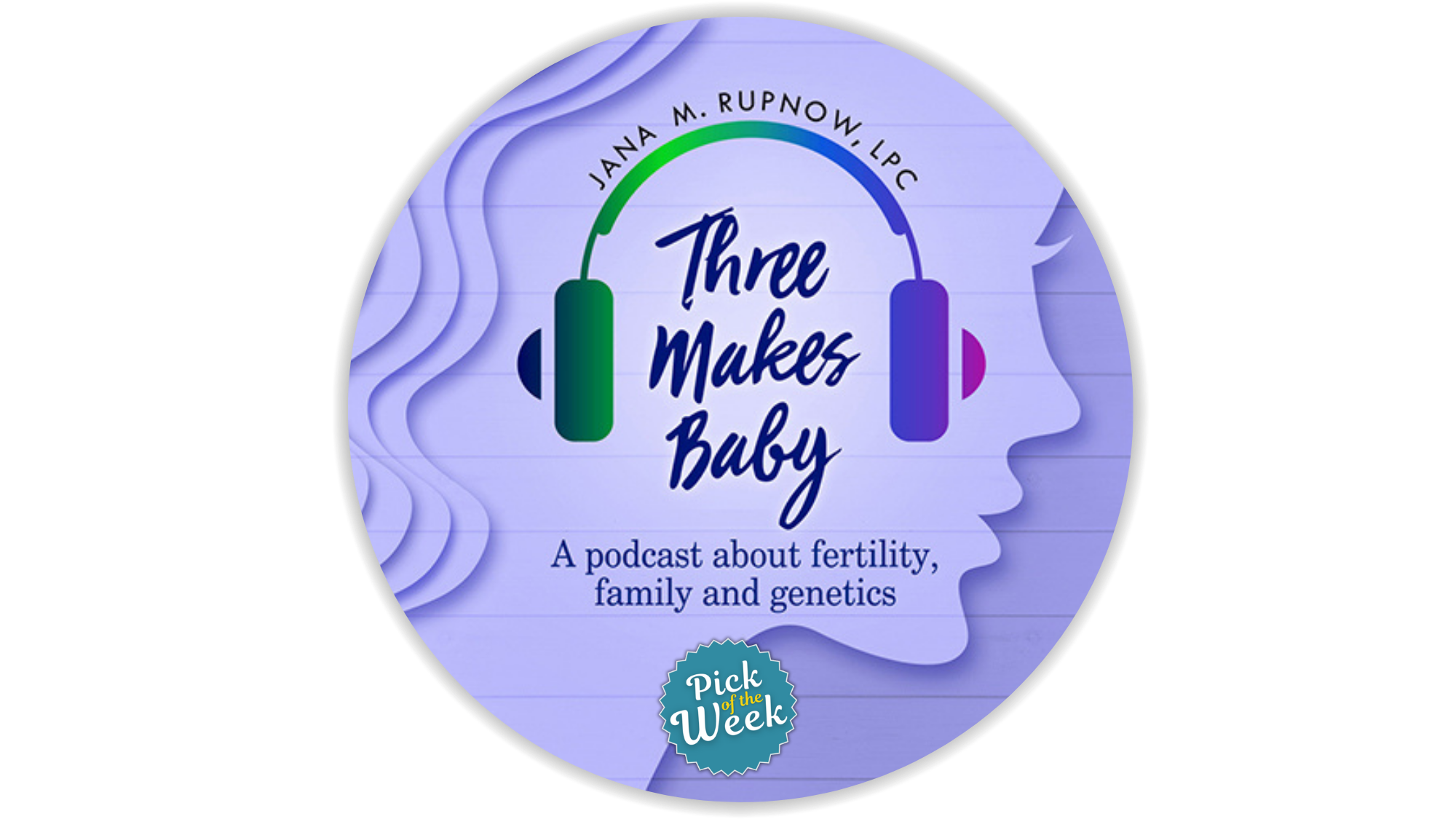Fertility lawyer Natalie Gamble celebrates the legal changes that have empowered LGBT families in the UK.
As a fertility lawyer who is also a same-sex mum through sperm donation (and, of course, a DCN member), I have always been passionate about LGBT family building. My children are now 16 and 13 and I often reflect that their lives span an incredible legal revolution, one during which LGBT families like ours have been taken from legal invisibility to legal inclusion. Here are some of the most significant milestones:
1991: the Human Fertilisation and Embryology Act introduced regulation for UK fertility clinics. The new law explicitly aimed to stop single women and female same-sex couples accessing treatment with donor sperm by requiring fertility clinics to consider a child’s ‘need for a father’ before offering treatment. For many years it was very difficult to access fertility treatment if you were not in a different sex relationship, although from the early 2000s clinics slowly started becoming brave enough to open their doors.
2005: the Civil Partnership Act created – in all but name – marriage for same sex couples, giving property, pension, inheritance and other benefits to couples who registered as civil partners. This ground breaking step paved the way to so much else because for the first time the law recognised same-sex relationships as real and valid.
2005: same-sex partners were allowed to adopt children together so that, for the first time, children in the UK could have two legal parents of the same sex. It meant that parents like us who had conceived children together could become equally legally responsible for them.
2009-10: fertility clinics’ duty to consider the child’s ‘need for a father’ was abolished, and new anti-discrimination laws protected same-sex couples accessing fertility treatment. Even more significantly, the law allowed same-sex couples to be jointly recorded as parents on their children’s birth certificates (from birth for female couples through sperm donation, and following the grant of a parental order for male couples with children through surrogacy).
2015: male same-sex parents with children born through surrogacy were given the right to adoption leave, so that one parent could claim the equivalent to maternity leave and pay, and the other paternity leave and pay.
2016: a key High Court decision ruled that the law discriminated against single parents through surrogacy. In response, the government is in the process of changing the law to allow single parents to become the legal parents of a child born through surrogacy, as couples can do now. The changes should come into force in early 2019.
We have undoubtedly come a long way over the past 20 years, but there is more to do to ensure the law properly recognises and supports LGBT and single parent families. Surrogacy is a hot topic, with the Law Commission currently starting a three year project to update the law. We hope this will ultimately give us modern law which recognises surrogacy agreements so that children born through surrogacy, like children born through egg and sperm donation, have the right people recorded on their birth certificates immediately.
Other LGBT law reform is also needed, including allowing transgender parents to be registered on their children’s birth certificates with the correct parental titles, and allowing children in multiple parent families to have more than two legal parents. So, change is still needed – and we will keep fighting the good fight to achieve it – but we shouldn’t lose sight of how far we have come over the last 15 years and celebrate what a fantastic place the UK is to raise a diverse modern family.
Written by Natalie Gamble, NGA Law. First published in the DCN Journal issue 19 – Winter 2018.




